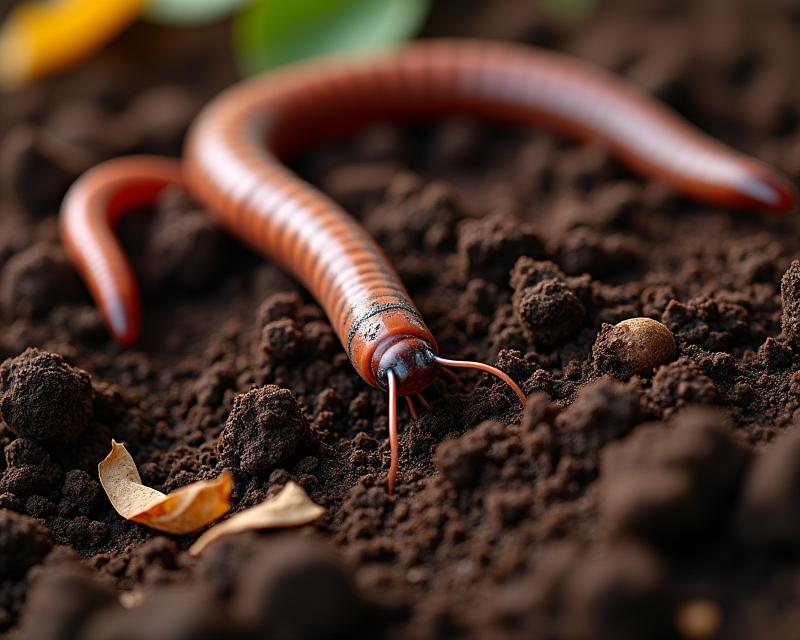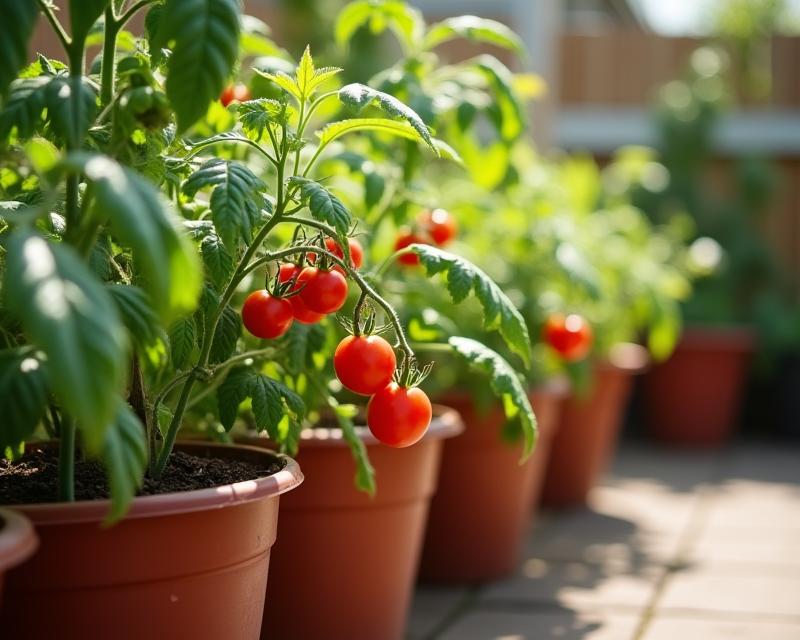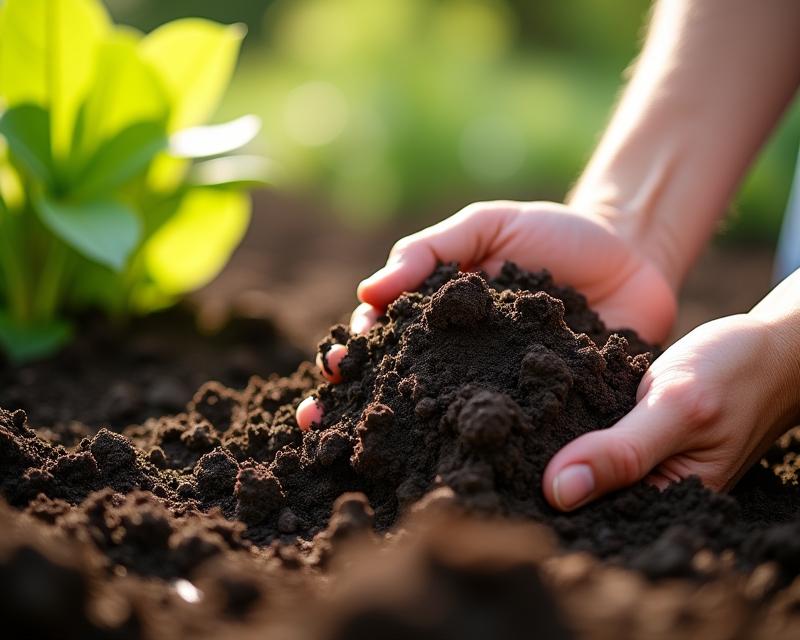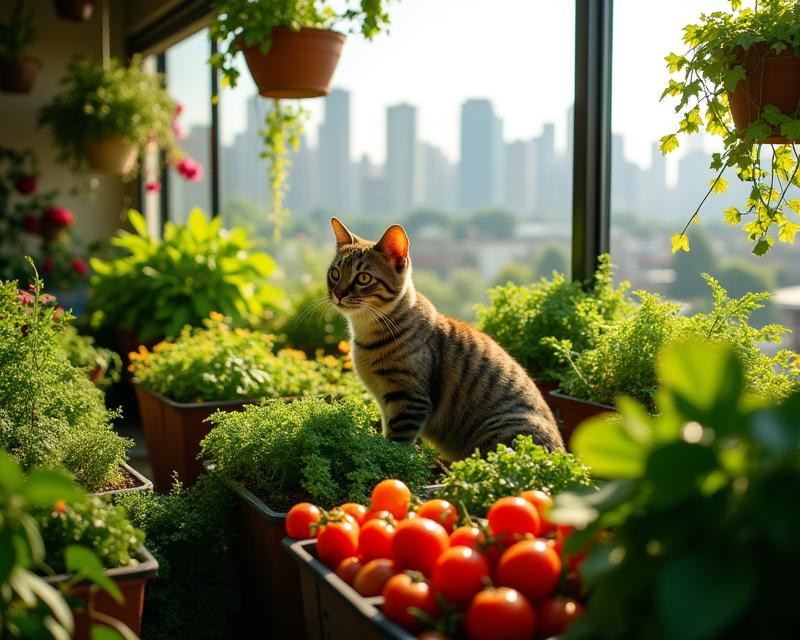DIY Natural Pesticides for a Healthy Farm
Publish in Organic Gardening & Farming el 06/07/2025 17:48
Natural Pesticides: Protect Your Crops Naturally
As farmers, gardeners, and ranchers, we all understand the importance of protecting our crops and livestock from pests. But relying solely on synthetic pesticides can have negative impacts on the environment, beneficial insects, and even our own health. Fortunately, there's a powerful alternative: natural pesticides! Making your own natural sprays is not only eco-friendly but can also be surprisingly effective. This article will guide you through some simple recipes and techniques to keep pests at bay without harsh chemicals.
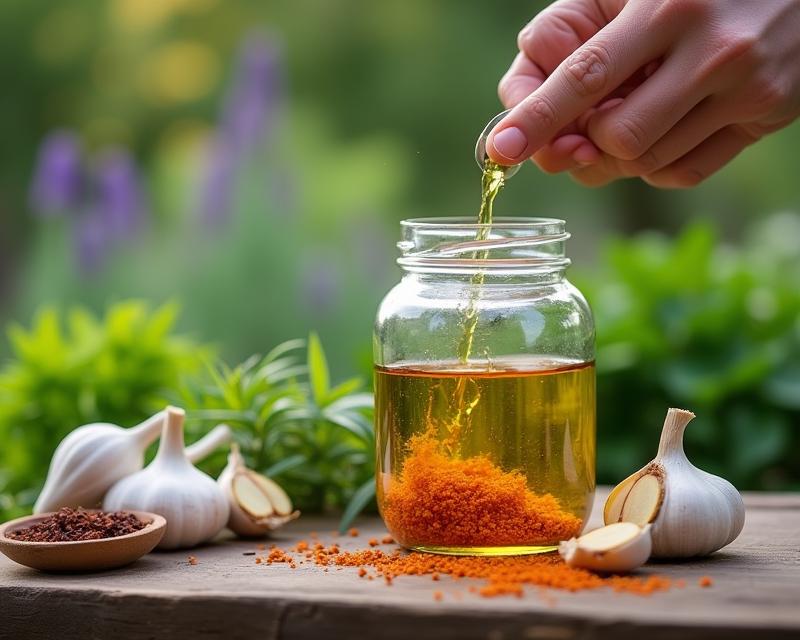
Why Choose Natural Pesticides?
Synthetic pesticides can harm beneficial insects like bees and ladybugs, which are crucial for pollination and pest control. They can also contaminate soil and water sources. Natural pesticides, on the other hand, are derived from plant-based sources and break down quickly in the environment, minimizing their impact. Plus, they often target specific pests, reducing the risk to other wildlife.
Simple DIY Recipes
Here are a few easy-to-make natural pesticide recipes you can try:
- Garlic Spray: Garlic is a potent natural insecticide. Blend 4-5 cloves of garlic with 2 cups of water. Let it steep overnight, then strain. Dilute the concentrate with more water (1 part concentrate to 5 parts water) before spraying on plants.
- Hot Pepper Spray: Hot peppers contain capsaicin, which deters many pests. Mix 1 tablespoon of cayenne pepper with 1 quart of water and a few drops of dish soap (as a surfactant). Let it sit for 24 hours, then strain. Use with caution – wear gloves and avoid spraying on windy days!
- Neem Oil Spray: Neem oil is a broad-spectrum insecticide and fungicide. Mix 1-2 tablespoons of neem oil with 1 quart of water and a teaspoon of dish soap. Shake well and spray on affected plants. Neem oil is particularly effective against aphids, whiteflies, and spider mites.
- Dish Soap Spray: A simple solution of 1-2 tablespoons of mild dish soap per gallon of water can help control soft-bodied insects like aphids and whiteflies. The soap disrupts their outer coating, causing them to dehydrate.
Important Tips for Success
Test First: Before spraying an entire crop, test the solution on a small area of a few plants to ensure it doesn't cause any damage. Spray in the Evening: Avoid spraying during the hottest part of the day or in direct sunlight, as this can burn plant leaves. Evening application allows the spray to dry before the sun rises. Reapply Regularly: Natural pesticides are not as long-lasting as synthetic ones, so reapply every few days or after rain. Identify the Pest: Knowing what pest you're dealing with will help you choose the most effective natural solution. Use Dish Soap Sparingly: Too much dish soap can damage plants.
By incorporating these natural pesticide methods into your farming practices, you can create a healthier, more sustainable environment for your crops and reduce your reliance on harmful chemicals. It takes a little extra effort, but the benefits for your farm and the planet are well worth it!

